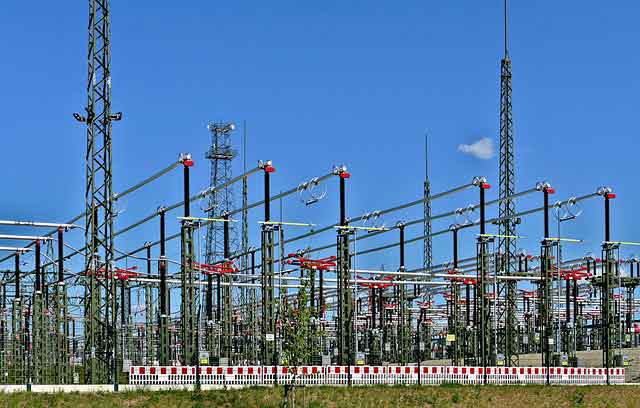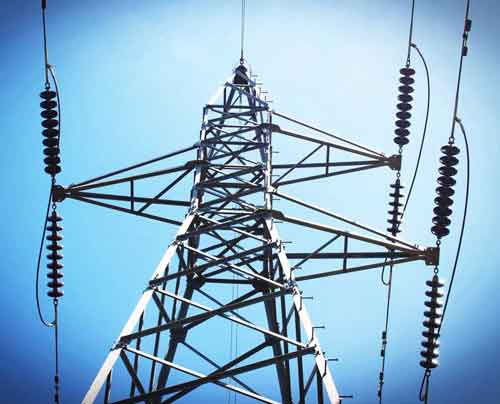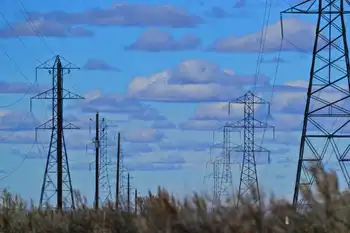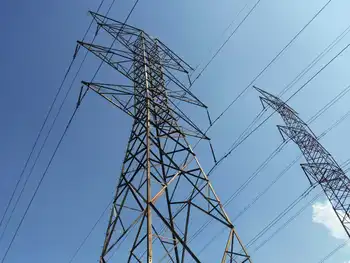CEOs form Electrification Coalition
The Coalition is a nonpartisan, not-for-profit organization committed to promoting policies and actions that will facilitate the deployment of electric vehicles on a mass scale in order to combat the economic, environmental and national security vulnerabilities caused by our nation's dependence on petroleum.
As its first official act, the Coalition recently released the Electrification Roadmap, a sweeping report detailing the dangers of oil dependence, explaining the benefits of electrification, describing the challenges facing electric cars and providing specific policy proposals to overcome those challenges. PRTM, a global management consulting firm, provided market analysis and technical input for the Roadmap, including detailed modeling on vehicle costs.
"It is time for business leaders and policymakers alike to step up," Smith says. "Our unrelenting dependence on oil has threatened our nation for too long. Up to now, electrification seemed like a pipe dream. But we are offering a realistic, practical, achievable plan to build a transportation system that will enhance our national security, propel economic growth and reduce carbon dioxide emissions."
The Electrification Roadmap envisions that by 2040, 75 percent of light-duty vehicle miles traveled in the United States should be electric miles. As a result, oil consumption in the light-duty fleet would be reduced by more than 75 percent, and U.S. crude oil imports could effectively be reduced to zero.
"The first electric vehicles will be delivered in 12 months," Ghosn says. "The widespread acceptance of zero emission cars will require more than the efforts automakers can provide on their own. Public and private collaboration will be the key to mainstream acceptance."
Among its many policy recommendations, the Roadmap proposes the creation of electrification ''ecosystems,' geographic areas in which all of the elements of an electrified transportation system are deployed, thus providing a crucial first step toward moving electrification beyond a niche product into a dominant, compelling, and ubiquitous concept.
"It is absolutely crucial that all of the key elements of an electrified transportation system are introduced in a highly coordinated fashion and in a way that is effective, affordable and appealing to actual American consumers," Crane says. "Introducing all of the separate elements, from cars to infrastructure, simultaneously in select communities across the country will move electrification beyond the early adopters; policymakers will witness the national benefit derived from a new kind of transportation system while consumers will benefit firsthand from a new kind of driving experience."
Related News
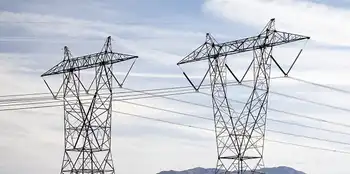
How utilities are using AI to adapt to electricity demands
WASHINGTON - The spread of the novel coronavirus that causes COVID-19 has prompted state and local governments around the U.S. to institute shelter-in-place orders and business closures. As millions suddenly find themselves confined to their homes, the shift has strained not only internet service providers, streaming platforms, and online retailers, but the utilities supplying power to the nation’s electrical grid, as well.
U.S. electricity use on March 27, 2020 was 3% lower than it was on March 27, 2019, a loss of about three years of sales growth. Peter Fox-Penner, director of the Boston University Institute for Sustainable Energy, asserted in…

